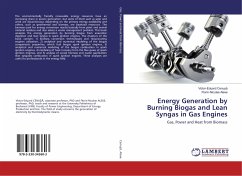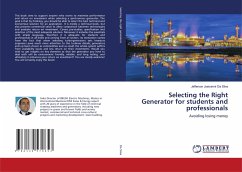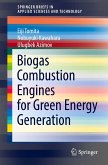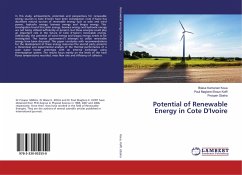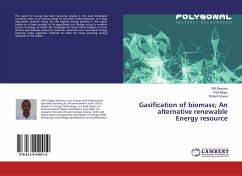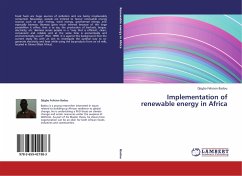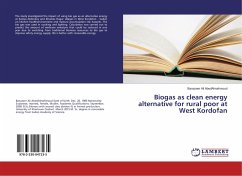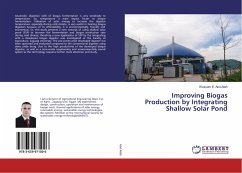The environmentally friendly renewable energy resources have an increasing share in power generation, but some of them such as solar and wind are discontinuous depending on the primary energy availability and others, such as geothermal and biomass, are baseload resources. The biomass used for energy conversion results basically from plant and animal material residues and also solves a waste management problem. This book analyzes the energy generation by burning biogas from anaerobic digestion and lean syngas in spark ignition engines. The chapters of the book contain: 1) biomass conversion technologies and reciprocating engines utilization, 2) analytical and numerical modeling of the biogas components properties, which fuel biogas spark ignition engines, 3) analytical and numerical modeling of the biogas combustion in spark ignition engines, 4) modeling of heat recovery from the flue gases of spark ignition engines, and 5) analysis of wood biomass and waste gasification lean syngases combustion in spark ignition engines. These analyses are useful to professionals in the energy field.
Bitte wählen Sie Ihr Anliegen aus.
Rechnungen
Retourenschein anfordern
Bestellstatus
Storno

